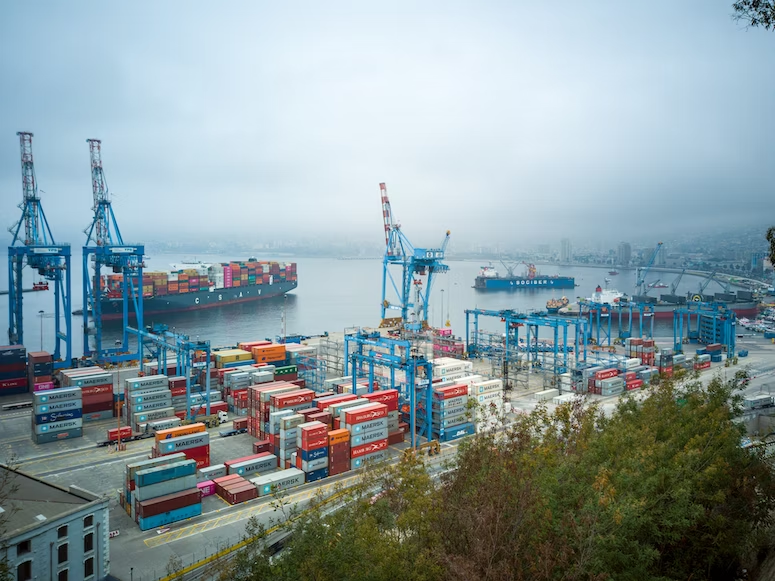It can be difficult to book consignments on your own. Additionally, it's not a good use of your time. If given the option, we understand that you would like to focus on tactical and strategic choices rather than dealing with operational booking concerns. Coordination of numerous supply chain visibility solutions is not your primary business.
What you need is an experienced partner who understands the booking process—one who can proactively streamline both booking generation and administration.
Negotiating and arranging prices with ocean carriers is an essential component of international shipping.
What are the main obstacles to starting ocean freight?
This comes as no surprise! Consider the quotation process: shippers will obtain estimates from each ocean carrier for each channel in which they transport certain commodities or goods. Carriers will offer extremely large excel files, including hundreds of rows of rates, cost structures, predetermined international commercial terms known as Incoterms, and other information in exchange.
What can shippers do to make the process easier?
According to the research by the supply chain executives, 42% plan to enhance their systems by investing in the digitalisation of their international shipping process. Furthermore, 37% indicated they planned to upgrade within the next 1-3 years. With this in mind, what should businesses look for in systems that automate the pricing and booking process?
Rate Evaluation
Look for tools that allow you to simply read and analyse the rate cards given by carriers when assessing solutions that may assist in automating the rate quotation process. Through real-time supply chain visibility and supply chain management software, the rate evaluation process becomes simple.
Rates Explorer
Another advantage of digitising the tariff and booking process is the ability to compare rate quotations from different carriers. Shippers may reduce the number of rate cards they get from carriers by using systems, which consolidate the rating process into a single platform through the use of data science in supply chain management.
- Improved cost-effectiveness
Before any gleaming new technology can claim to have transformed an industry, it must first perform its primary role. Has it saved money? It is a major step for a company to change its strategy and refurbish its old systems. Artificial intelligence for the supply chain plays an important role in cost.
Setting up automated processes in certain areas of a firm may be expensive and time-consuming at first, but it is well worth it in the long run when it becomes evident that it will save money and improve a business.
- Clearly defined travel rules
A business travel policy has always been difficult to market. Historically, travel rules were massive, tedious paperwork that should be avoided at all costs. As a result of automation, this has permanently changed.
Having a simple travel policy that works for both the company and the traveller is critical. With an increasing number of tech-savvy millennials in the workforce, the path ahead is to foster a trust-based culture in which workers are empowered to take control of their own travel plans. Machine learning in the supply chain simplifies the whole process.
This is why automation is such a vital part of the contemporary business travel experience. Empowering business travellers by allowing them to book their own flights and accommodations, as well as end-to-end supply chain planning of ideal leisure activities, is the finest way for a company to demonstrate how much they respect its employees.
Bottom Line
As we have seen, automation can help with every facet of a company's travel programme, from minimising travel costs to keeping people safe on the road. Businesses waste time and money by failing to use the technical know-how of current travel management systems. Automation is already a part of the daily job of travel managers, CFOs, and business travellers. Embracing automation isn't such a leap of faith for businesses. It's a critical step in today's ever-changing corporate travel sector to keep your company competitive.
Recent Post
Subscribe to our newsletter
Stay updated on latest trends and news in the supply chain and logistics industry








